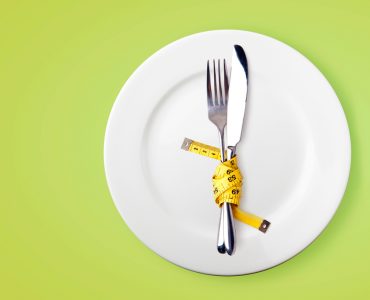A pescetarian diet is predominantly a vegetarian diet in which participants do not consume meat or poultry but do eat seafood. The Vegetarian Society does not consider the pescetarian diet to be a valid vegetarian diet although many participants do consider themselves primarily vegetarian. This diet is often adapted by people who are in the process of transitioning to a vegetarian diet or by those adapting a meat-free diet because of health reasons. Individuals who are concerned about the ethical or environmental concerns relating to eating meat and poultry often embrace a pescetarian diet.
Pescetarians generally eat a wide variety of foods, including fruit, vegetables, legumes, whole grains, and sometimes soy, dairy and eggs. Some pescetarians will eat dairy while others will avoid it for health or ethical concerns. The pescetarian diet shares a lot of commonalities with the Mediterranean diet and those of people in the Caribbean and Asia.
The medical community consistently reaffirms that the addition of Omega-3 rich seafood to one’s diet is beneficial; however, individuals are urged to monitor and restrict their consumption of large mercury containing fish such as tuna. The pescetarian diet encompasses a healthy amount of lean proteins in addition to a base diet rich in whole grains and vegetables. While the pescetarian diet is not specifically a weight-loss plan, many people will find that they either lose weight or easily maintain a healthy weight on this type of diet.













